Sheikh Hasina’s trophy cabinet? It’s not just full — it’s a monument to decades of grit and resilient leadership. From the Unesco Peace Prize to the UN’s Champions of the Earth Award and the prestigious Indira Gandhi Peace Prize, she has earned global honours that mark a journey paved with sacrifice and resolve. These aren’t just medals; they are recognition of a leader who stood firm during challenging times — sheltering the stateless, defending democracy, and placing women’s rights at the heart of a rising nation.
Yet, despite international accolades, some sections of the Western mainstream media have at times focused more on sensationalism than on substance, often overlooking the tangible progress under her leadership. Through every wave of criticism, Hasina remained steadfast — driven not by applause, but by a commitment to the future of Bangladesh. Although she has now gone out of power, her legacy continues to influence the nation’s trajectory.
Autocrat or Architect of Stability?
Sheikh Hasina is sometimes labelled autocratic, but this label does not fully capture the complexities of her leadership. She assumed power in a Bangladesh marked by political unrest, violence, and extremism. Where many might have faltered, she remained resolute.
Under her leadership, Bangladesh not only endured but began to transform. The country’s per capita income grew significantly, poverty rates declined, and the military was kept out of civilian governance. During the rise of global terror threats, she led with determination, maintaining stability in the face of challenges.
Progress of this magnitude requires conviction and courage. The Padma Bridge, a symbol of national pride, was completed amid global scepticism because of her resolve. Food security improved markedly, showing the impact of focused, determined governance.
Impact Shorts
More ShortsSheikh Hasina has led with both firmness and compassion, championing women’s empowerment through meaningful change and responding to humanitarian crises such as the Rohingya refugee situation with empathy. Her leadership reflects transformational qualities necessary for a nation facing complex challenges.
Strategic Statesmanship: Hasina’s Foreign Policy
In a world marked by division and distrust, Sheikh Hasina has demonstrated visionary foreign policy grounded in a deep understanding of history and geography. Viewing Bangladesh’s strategic location as an asset, she has built bridges — both diplomatic and economic—that connect nations and people.
Guided by the principle “Friendship to all, malice toward none,” she has skilfully balanced relations with regional powers like India and China while maintaining ties with the United States, Russia, and others. Her approach prioritises Bangladesh’s sovereignty and development over rigid allegiances.
Her leadership has positioned Bangladesh as a respected regional partner, contributing actively to alliances like Bimstec and Saarc. During the Rohingya crisis, her government’s compassionate response resonated worldwide, highlighting Bangladesh’s commitment to human dignity.
Sheikh Hasina’s advocacy in climate diplomacy has also been notable, turning Bangladesh from a vulnerable frontline state into a leading voice for climate justice. Her invitation to the 2023 G20 Summit marked international recognition of her statesmanship.
Through pragmatic and steady leadership, she has steered Bangladesh towards sustainable growth and enhanced its role on the global stage.
Complex Realities Behind Protests and Media Coverage
The student protests in July 2024, sparked by the reinstatement of a job quota for descendants of freedom fighters, reflected deep societal tensions. Unlike many leaders facing unrest, Prime Minister Hasina acknowledged the students’ right to protest and supported their legal recourse.
Unfortunately, misinformation, including unsubstantiated claims linking her to inflammatory remarks, exacerbated tensions and fuelled unrest. Security responses, though controversial, were undertaken to restore order amid acts of violence targeting infrastructure.
Subsequent judicial inquiries were initiated but received limited coverage internationally. Instead, much Western media focused on unverified allegations, raising concerns about reporting standards and balanced coverage.
Issues such as enforced disappearances warrant serious attention everywhere, but fair criticism requires consistency. Notably, subsequent governments have faced less scrutiny for delays or inaction on similar issues.
The resulting narratives often oversimplify Bangladesh’s political landscape, undermining the complexity of its evolving democracy.
Due Process or Media Misrepresentation?
David Bergman, a journalist long recognised for his scrutiny of war crimes trials in Bangladesh, has raised serious questions about the fairness of the ongoing proceedings against Hasina. At the heart of his concerns lies a disturbing procedural flaw: the state has reportedly appointed the same defence attorney to represent both Hasina and her co-accused — a blatant conflict of interest that strikes at the very foundation of due process.
This kind of legal arrangement is not only ethically questionable; it undermines the legitimacy of the entire trial. How can justice be served when the defence is effectively hamstrung from the outset? Yet this glaring contradiction has largely escaped international attention.
Even before a verdict has been reached, much of the global narrative has cast Sheikh Hasina as guilty by assumption. It’s a reckless dismissal of the principle of presumed innocence — a cornerstone of any fair judicial system. The damage to her public image has been swift and calculated, driven not by evidence but by optics and opportunism.
The situation took a darker turn with the abrupt and controversial departure of Chief Justice Obaidul Hasan, who was reportedly pressured into early retirement following courtroom unrest and direct interference from Law Minister Asif Nazrul. Such developments cannot be brushed aside as routine. They raise serious red flags about the erosion of judicial independence in Bangladesh — an issue that, shockingly, remains underreported by major Western media outlets.
Where is the outrage from the same global press that so quickly cries foul in other parts of the world? Where are the editorial condemnations that would surely flood in if these events unfolded in another country? The selective silence is deafening.
Western media’s gaze has largely fixated on the banning of the Awami League, portraying it as a textbook case of authoritarian suppression. Yet far less attention has been paid to what is happening behind prison walls: reports of overcrowded detention centres, deaths in custody, and a growing body of credible evidence pointing to torture and extrajudicial killings under the Yunus-backed administration.
What is unfolding in Bangladesh bears uncomfortable echoes of the Gulag era — yet the international response has been tepid at best. The global community cannot claim ignorance; it can only claim indifference.
It’s time to move beyond the reductive comparisons that some Western observers have made — lazily equating Sheikh Hasina with autocrats. This is not just inaccurate; it’s insulting to the intelligence of Bangladeshis, both at home and abroad.
Despite the current political restrictions on the Awami League within Bangladesh, support for Hasina continues to grow across the diaspora — including among dual citizens and naturalised citizens of Western countries. This surge of solidarity suggests a major disconnect between Western media portrayals of Hasina’s leadership and the lived experiences of many in the Bangladeshi community.
Hasina was not a despot. She was a democratically elected leader with a complex legacy — one that includes major strides in economic development, infrastructure, women’s empowerment, and climate diplomacy. That legacy deserves critical scrutiny, yes — but it also demands fair and balanced reporting, not trial by innuendo.
Justice must be universal — or it is not justice at all. The West’s current double standard not only weakens its moral authority but risks enabling a dangerous distortion of reality in Bangladesh.
It’s time to ask harder questions, expose deeper truths, and resist the temptation of easy narratives. Because what’s at stake isn’t just one leader’s fate — it’s the credibility of democracy, due process, and international accountability itself.
Beyond the “Strongman” Stereotype
While Hasina’s leadership style may appear strong and sometimes unilateral, it is essential to recognise the democratic structures that were still present in Bangladesh during her rule: elections, protests, and an operational judiciary, though challenged.
Her decisions often reflect efforts to protect national interests amid regional volatility rather than mere power consolidation. This context is frequently overlooked by Western media in favour of simplified narratives.
A Balanced Perspective
No leader is above criticism, including Hasina. However, critiques should be grounded in full context and fairness, reflecting the complex realities of governing a nation like Bangladesh, shaped by history, development challenges, and geopolitical pressures.
Hasina’s legacy includes significant advances in economic growth, infrastructure, women’s rights, and climate leadership. While critical examination is necessary, it must be balanced and nuanced, avoiding ideological biases.
In seeking to understand Sheikh Hasina’s leadership, a deeper, more responsible dialogue is essential — one that respects Bangladesh’s sovereignty and the aspirations of its people.
Anjuman A Islam, PhD, is an engineer and researcher by training and a political analyst based in the US. S M Faiyaz Hossain is a Bengali political columnist and commentator. He currently lives in Australia and tweets at @FaiyazBengali. The views expressed in the above piece are personal and solely those of the authors. They do not necessarily reflect Firstpost’s views.


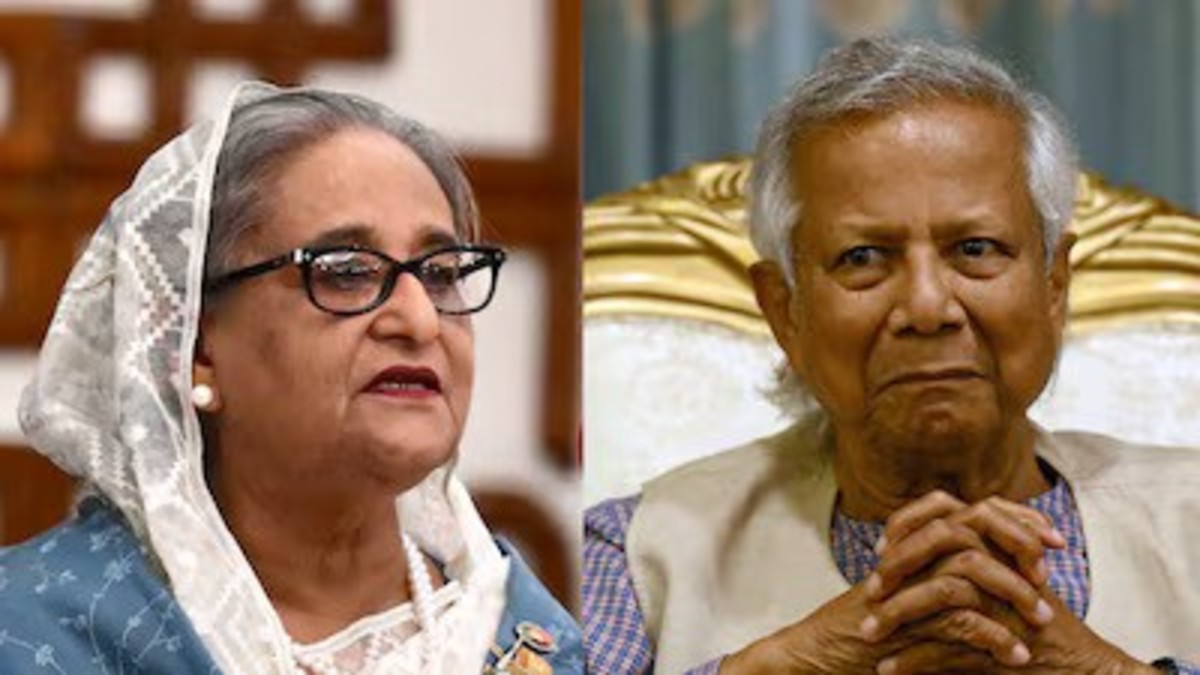)
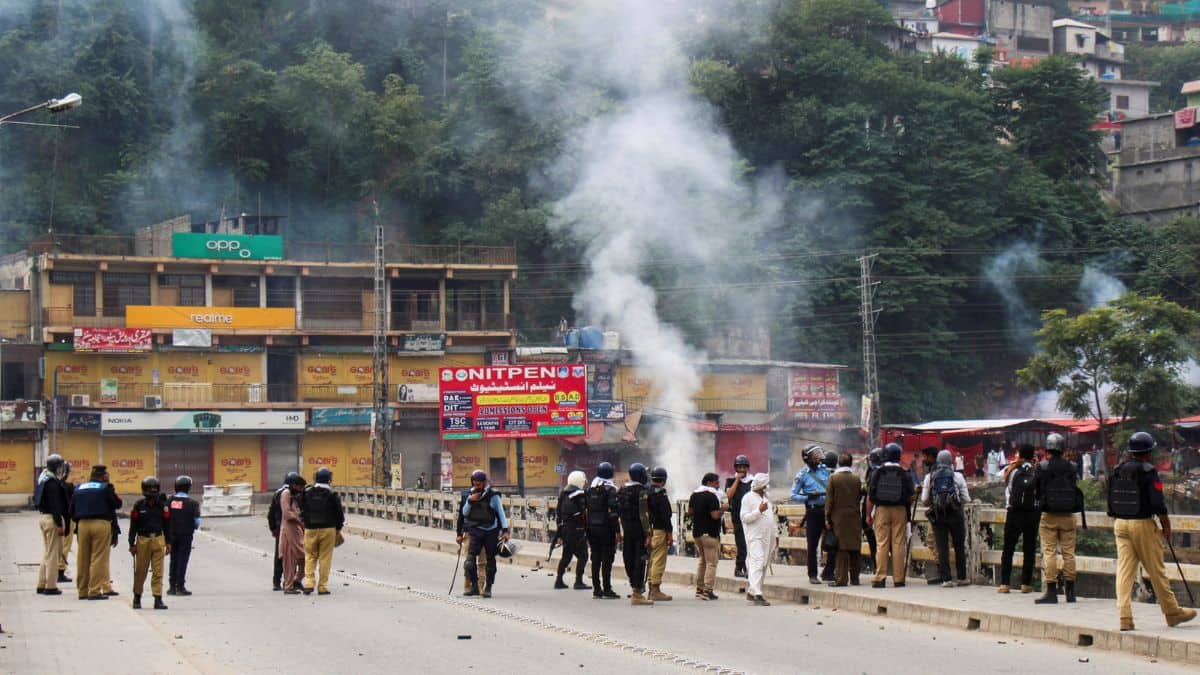
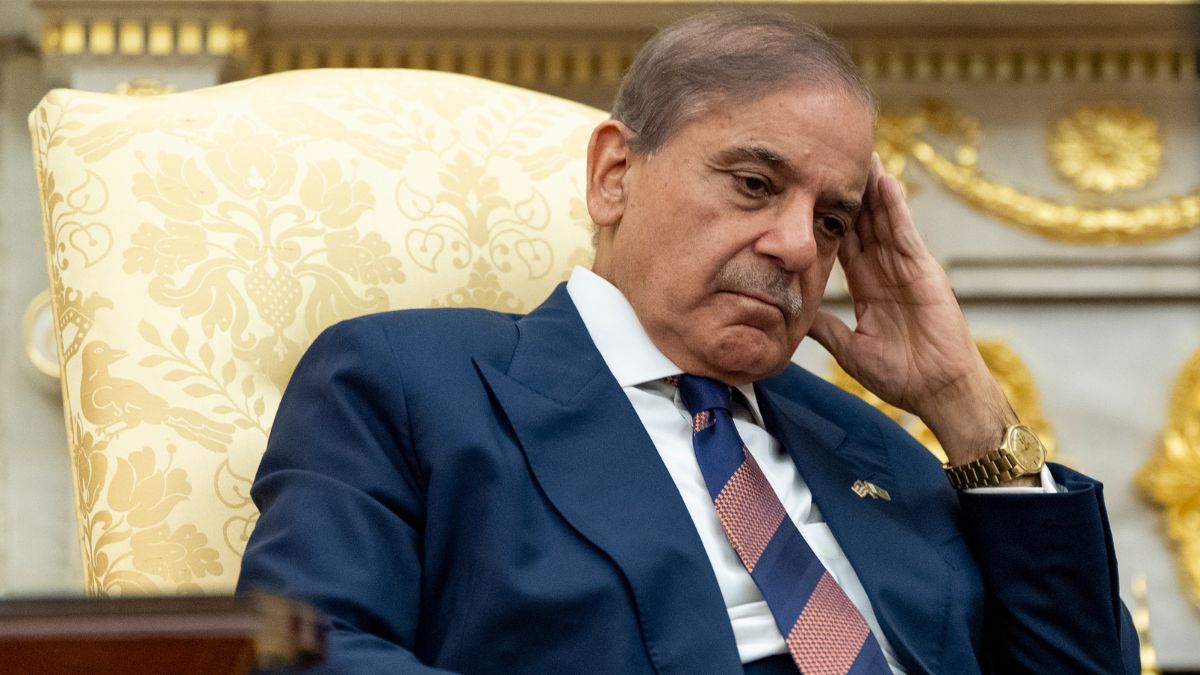)
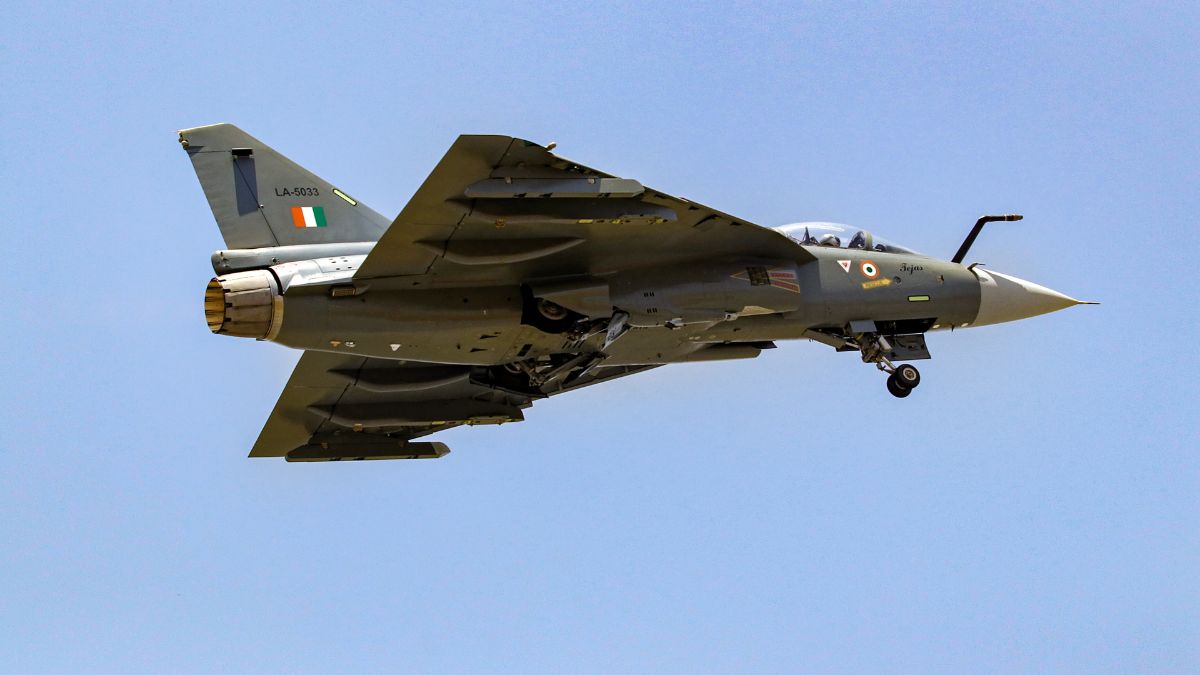)
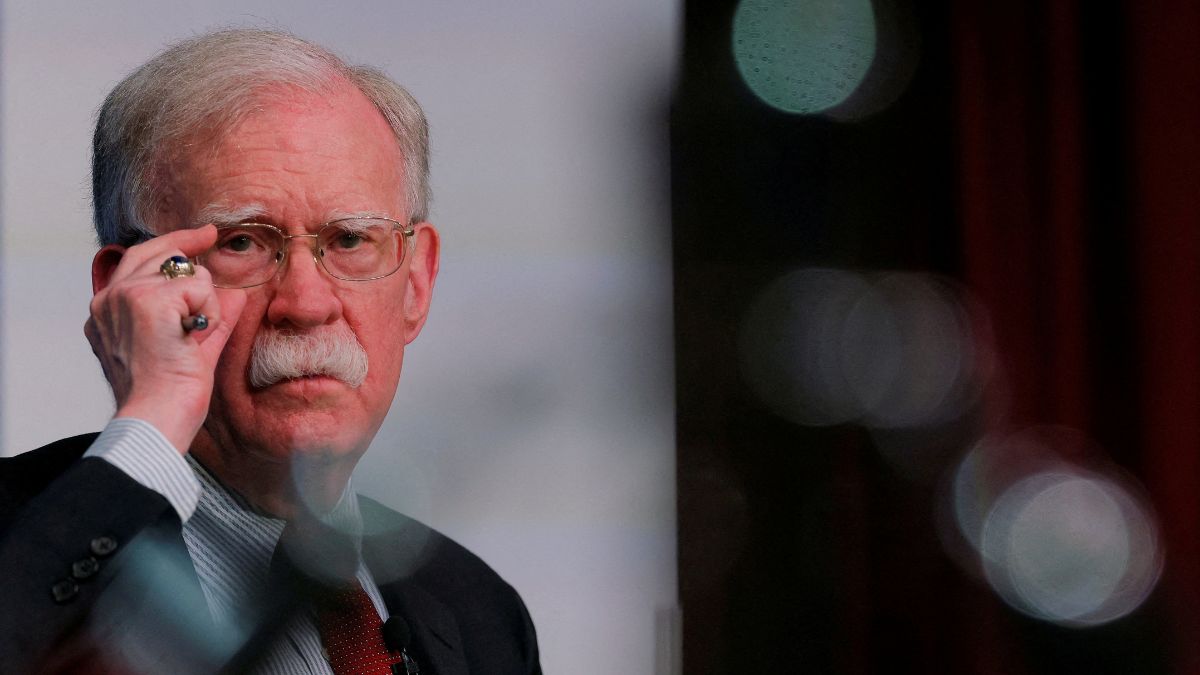)
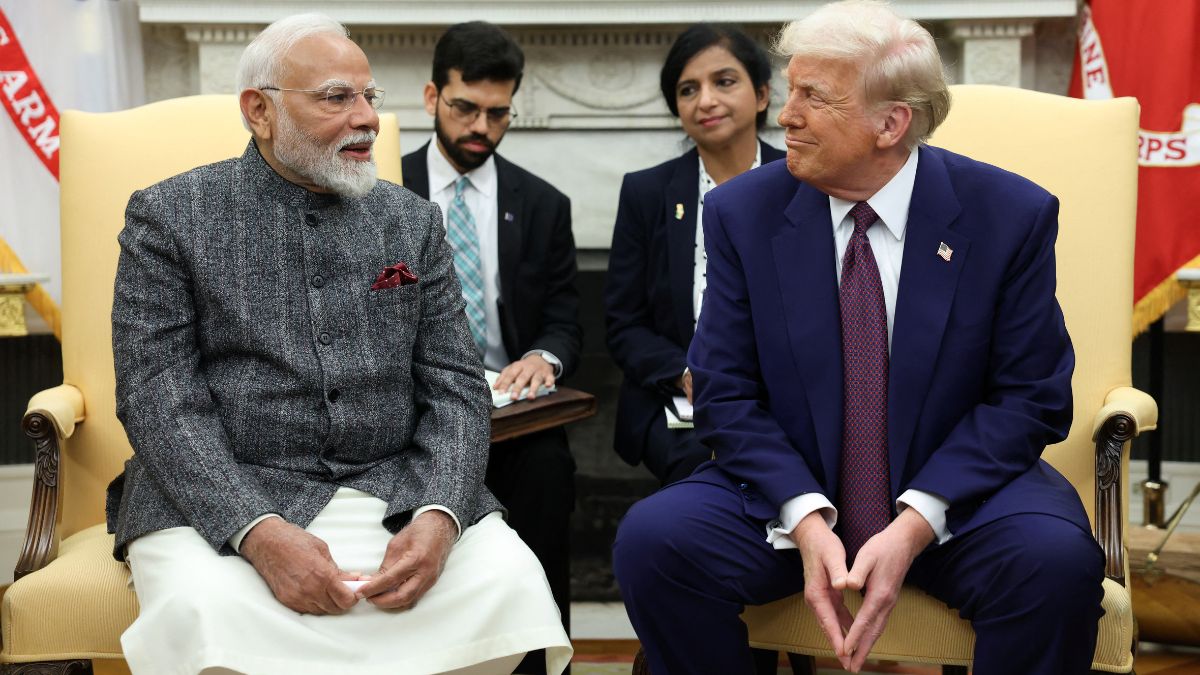)
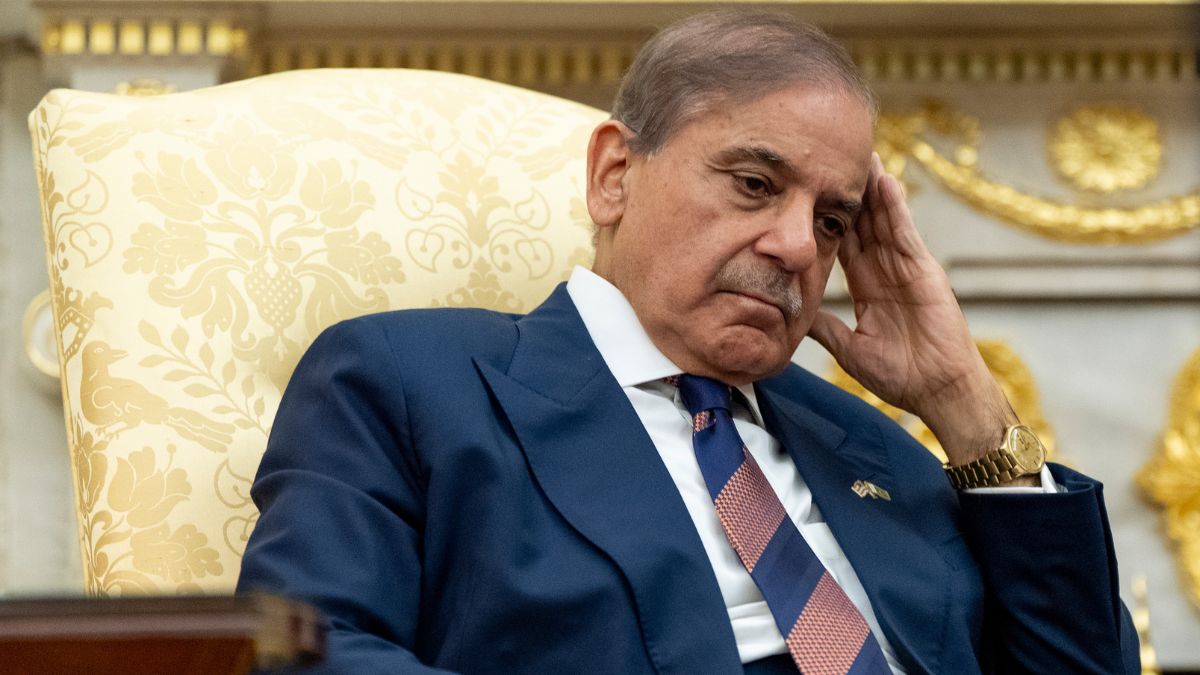)
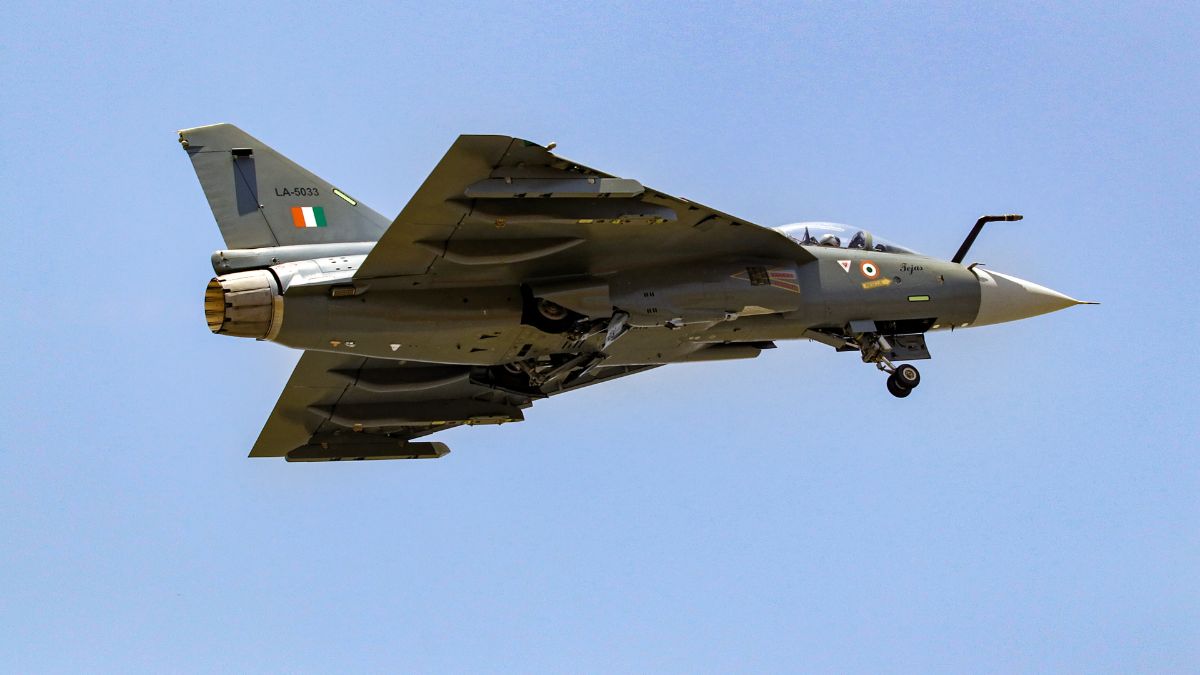)
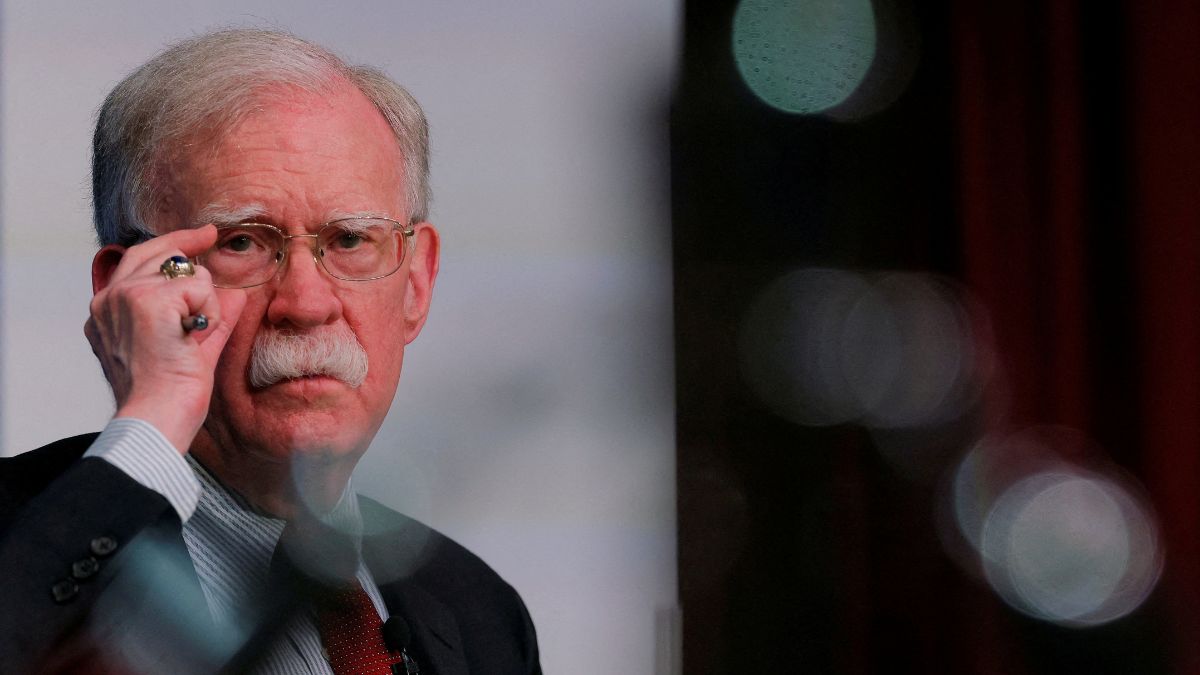)
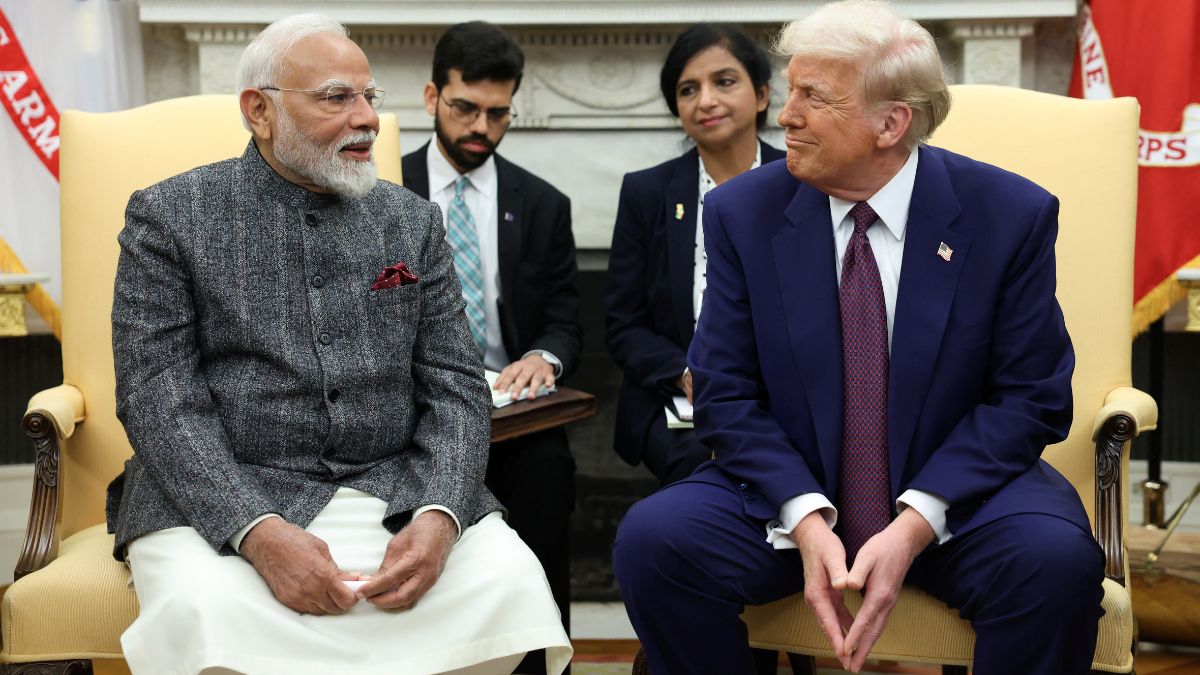)



